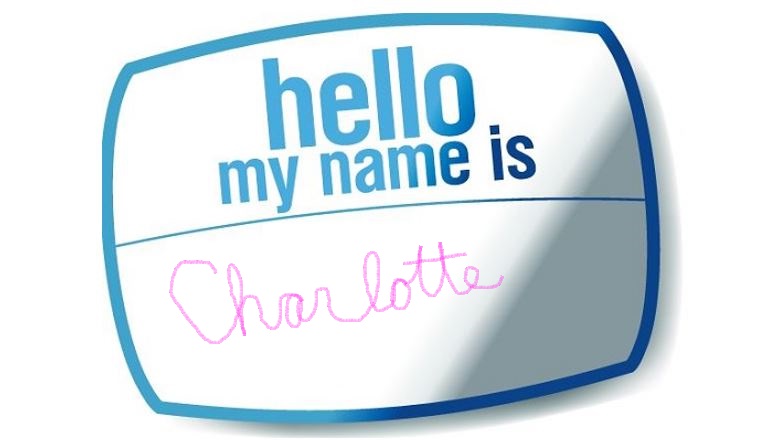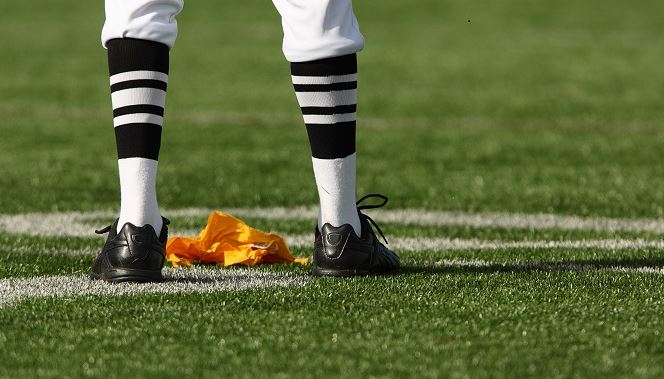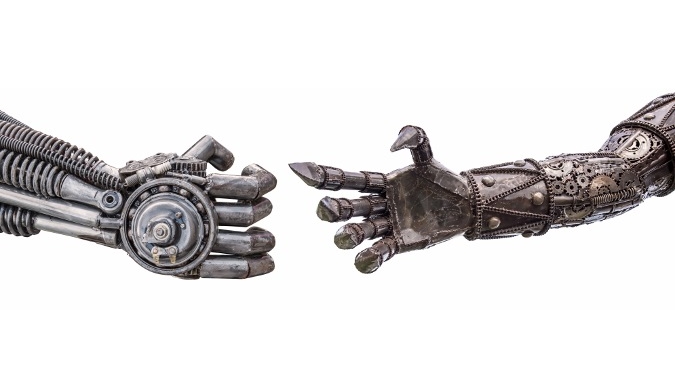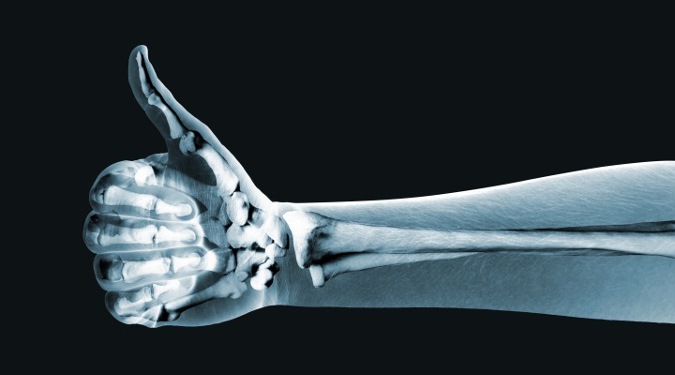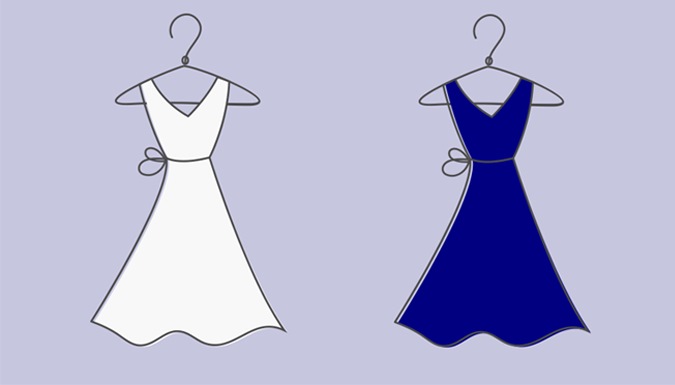A look at a current news item through the lens of different titles available on GVRL.
By Michelle Eickmeyer
Saving and improving lives is expensive work. And without donations, most of it would not be possible. This week, the Federal Trade Commission charged four “charities” and their administrators for out-right stealing nearly $200 million. Two charities have already been dissolved. Reprehensible behavior. But if you want to give, how do you know with whom to spend your money? One solution is Charity Watch, an independent organization that can help you understand where and how a donation might be spent. There are a number of other resources and websites; that is just one.
In 2013, Americans gave $335.17 billion to charity. Of that, $240.6 billion was given by individuals (Source). I’ve been especially interested in final numbers of donations for 2014 for a number of reasons. First, my cousin’s 2-year-old was diagnosed with leukemia. (Did you know that the National Institute of Cancer dedicates only 4% of its funding to pediatric cancer research (Source ) Why did cancer have to touch my family to learn that?) Second, the ice bucket challenge (and Mike Rowe). Here’s my previous post on it! In 2014, the ice bucket challenge raised $220 Million for the ALS Association (Source). That’s about 700% more than the year before (Source). Did more people give in 2014, or did people give more, or did they just give differently? The new numbers, expected next month, will tell.
Who currently gives (or doesn’t), and how much, when, and why are sometimes surprising. Low- and middle-income people give a higher percentage of their income than their high-income counterparts. Residents of large cities are less likely to give. When you compare the level of giving across states and the District, of the 20 most generous, only two voted democrat in the last election (Source). All sorts of assumptions will not be made on why that is the way it is.



